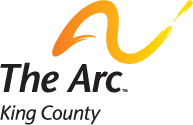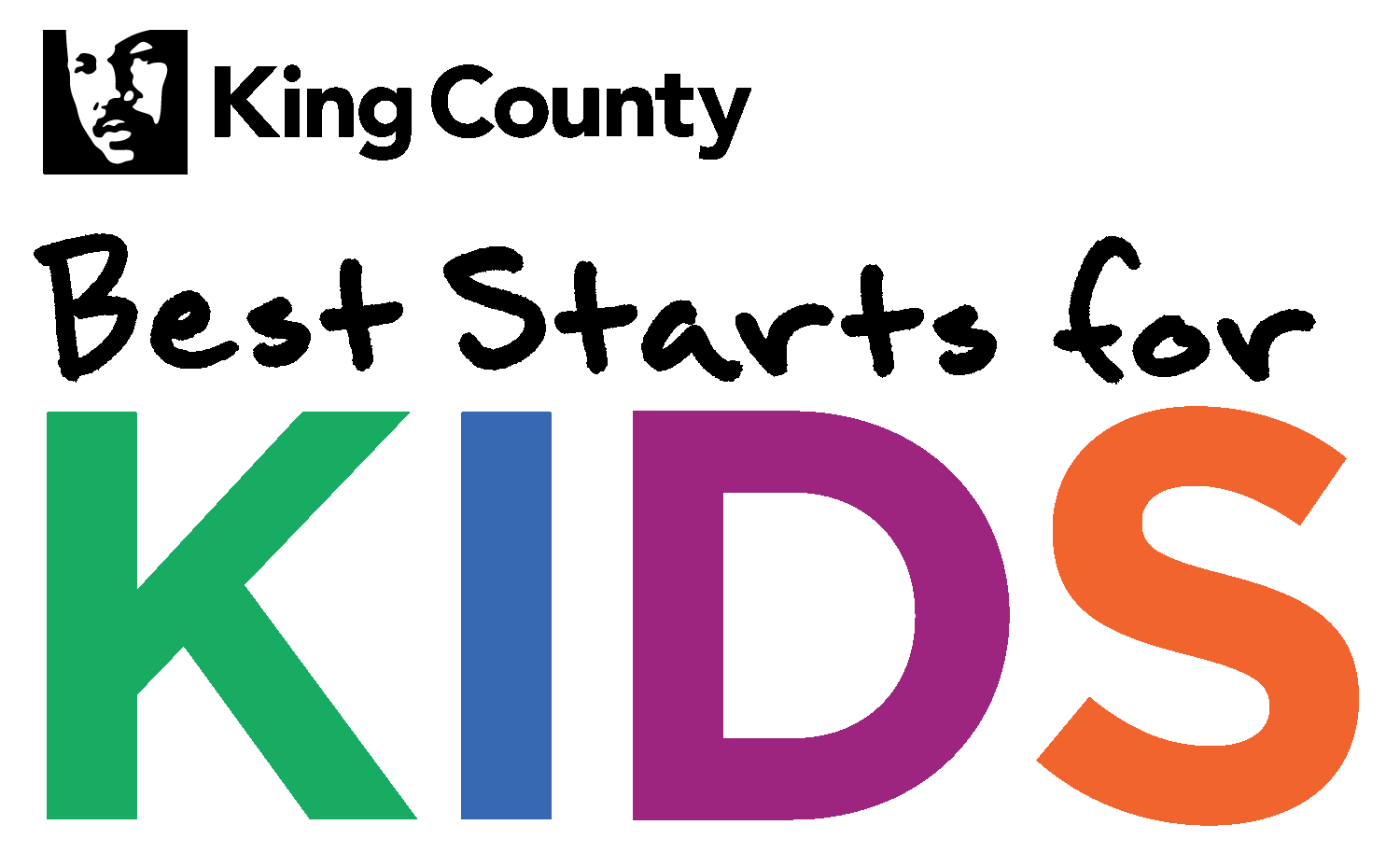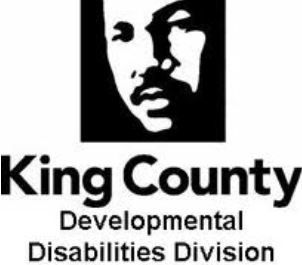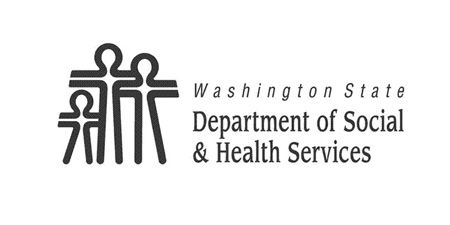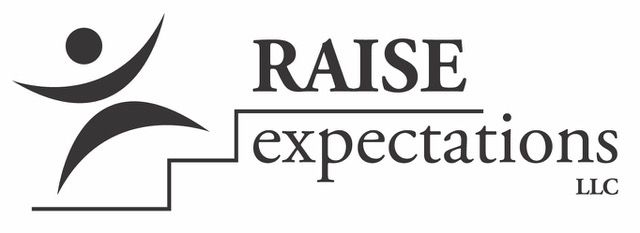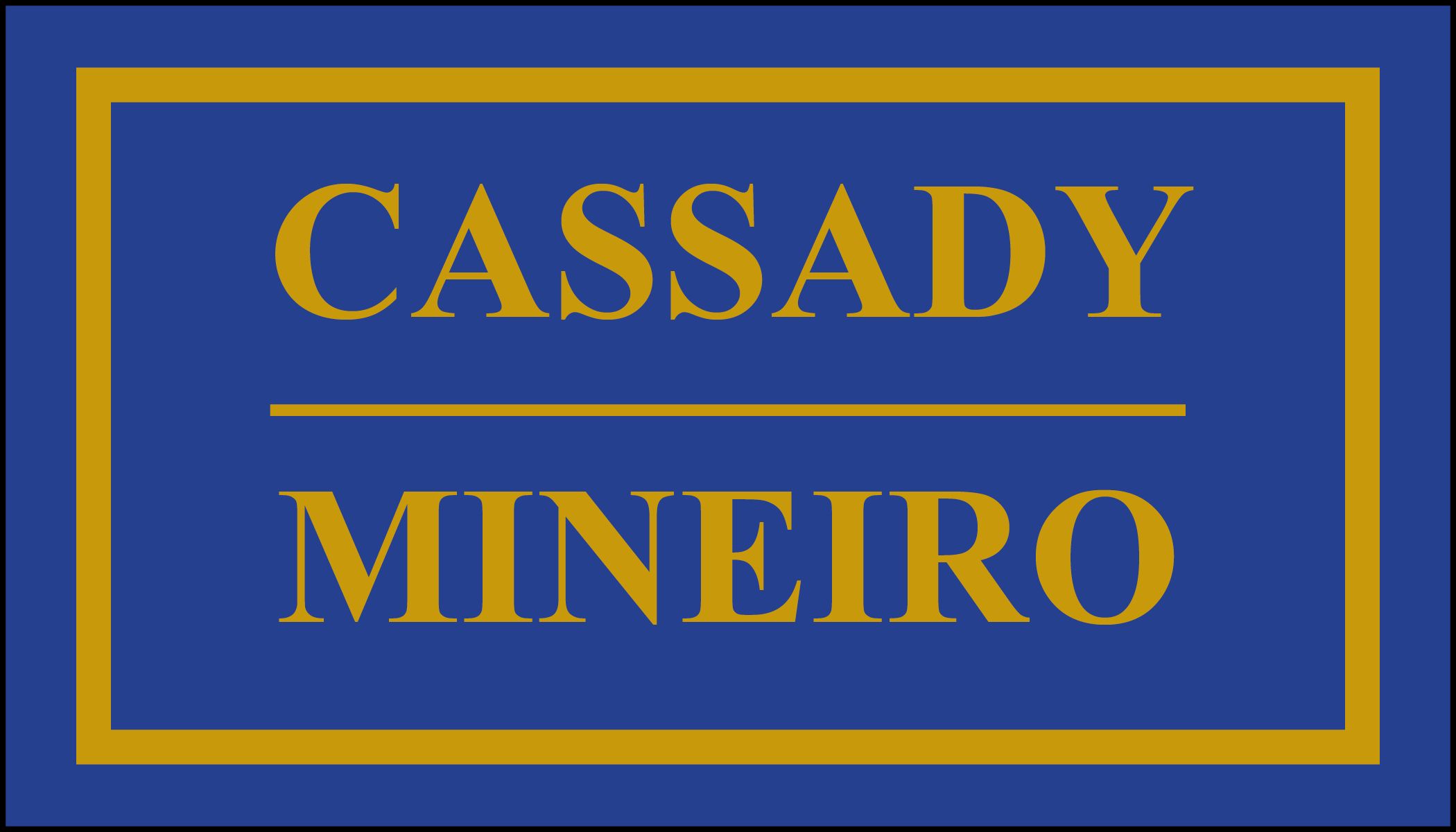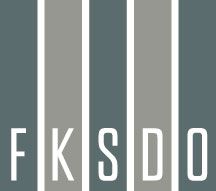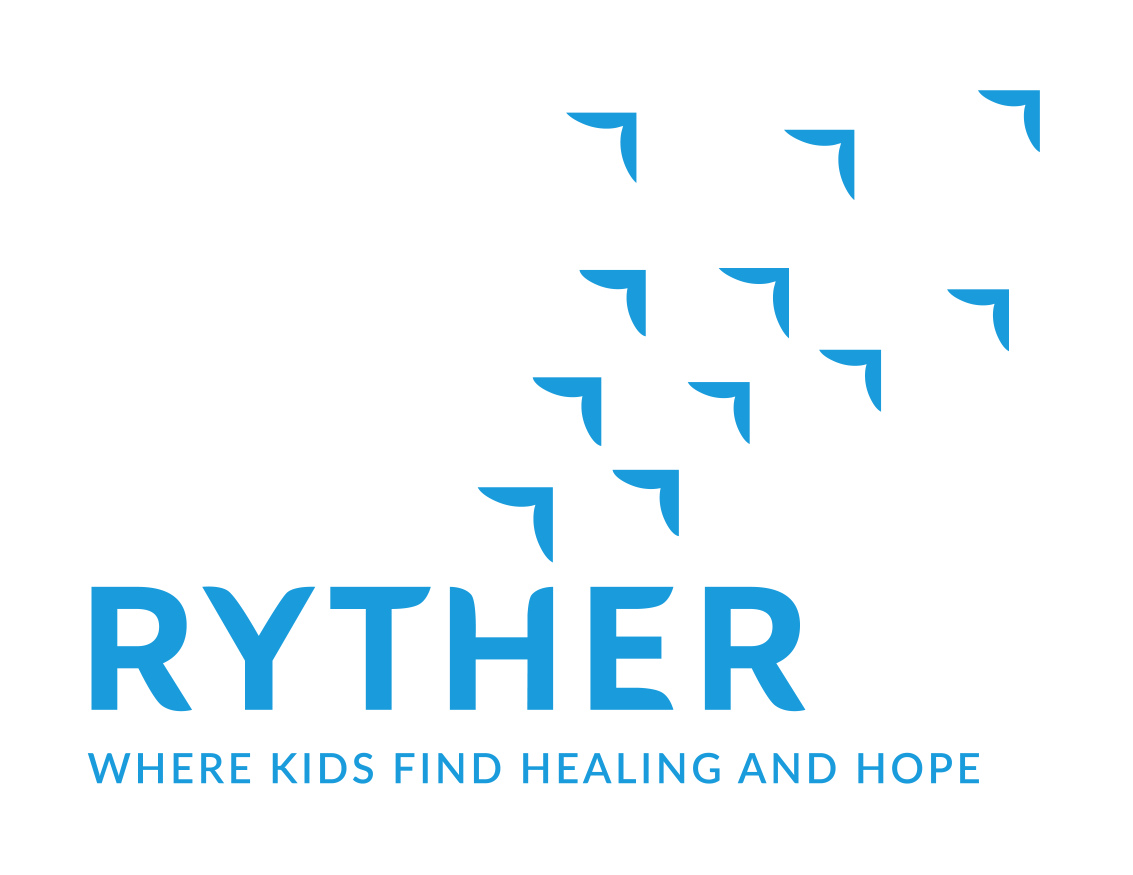What are Intellectual and Developmental Disabilities?
Developmental disabilities is an umbrella term that includes many conditions - including intellectual disability, autism, epilepsy, and cerebral palsy - that start at birth or during childhood and impair a person's cognitive and adaptive abilities, physical abilities, or a combination.
Prevalence rates vary depending on which conditions you count. If you include ADHD, learning disabilities, and chronic health conditions that affect children as they grow, about 1 in 5 people are affected.
Generally, though, the term intellectual and developmental disabilities (IDD) describes a much smaller group of people - 1.58 percent of the population - whose conditions align with the definition in the federal Developmental Disabilities Assistance and Bill of Rights Act.
This definition limits prevalence to people who have severe, chronic disabilities, which:
- Are attributable to a mental or physical impairment or a combination of mental and physical impairments
- Originated at birth or during childhood
- Are expected to continue indefinitely, and
- Substantially restrict functioning in three or more major life activities, including self-care, receptive and expressive language, learning, mobility, self-direction, capacity for independent living, and economic self-sufficiency
If we use the 1.58 percent prevalence rate and current census estimates, about 36,000 people in King County and 120,000 statewide likely meet this definition in 2023. Many more, however, have a developmental condition that affects their ability to live independently and who rely on supports and accommodations to access the community.
About a third of people with an intellectual and developmental disabilities also have a co-occurring mental health condition.
But most important, people with developmental disabilities are our family members, neighbors, friends, classmates and co-workers.
What is meant by cognitive or adaptive?
Cognitive functioning includes:
- Learning
- Reasoning
- Thinking abstractly
- Applying learning on a variety of settings
- Problem solving
Adaptive behavior includes:
- Social interactions
- Receptive and expressive language
- Self-direction
- Daily practical skills
Intellectual and developmental disabilities often aren't visible and how they impact someone will vary by individual, the situation, and the environment.
Barriers
Disability is a natural part of life and its presence does not define someone. We all have assets and potential to contribute to the community, and we all benefit from inclusive settings designed for access and belonging.
At The Arc of King County, we envision a world where individuals with intellectual and developmental disabilities thrive as equal, valued, and active community members.
We strive to dismantle barriers that limit people with intellectual and developmental disabilities. These are more than physical and include biased policy, stereotyping, lack of services, and destructive attitudes.
We believe that when people with intellectual and developmental disabilities live, learn, work, and play in the community we all benefit.
Resources
Would you like to learn more?
Explore our website! We offer a resource guide, advocacy support, information and referral, and so much more.
Many of our workshops are recorded and can be found in our video library.
